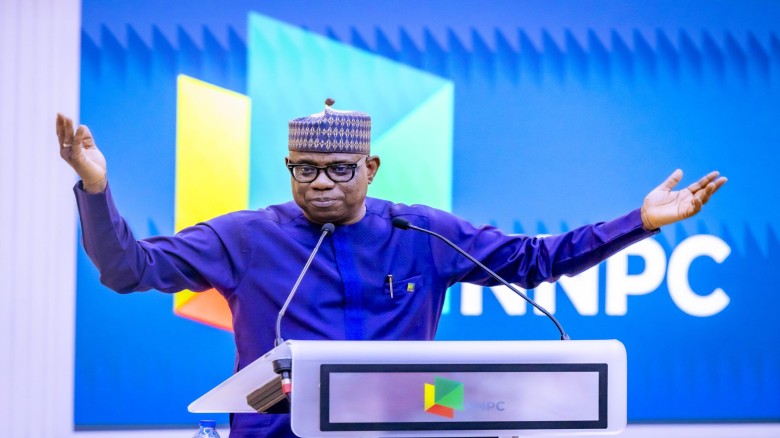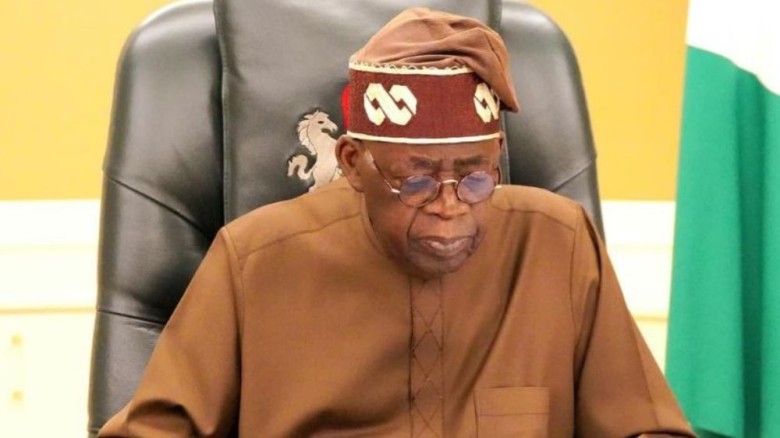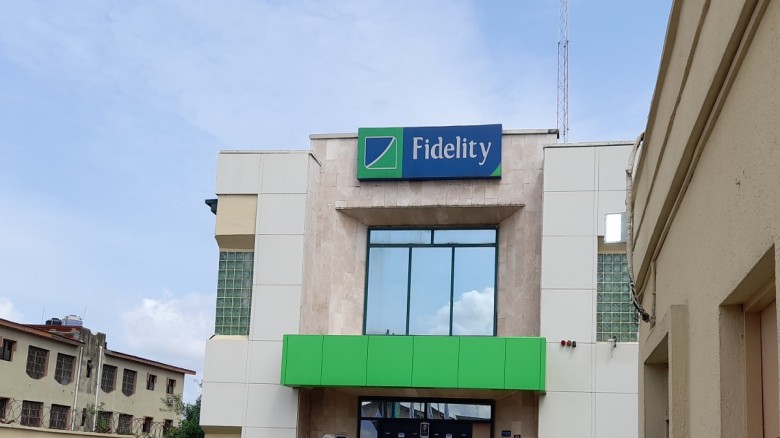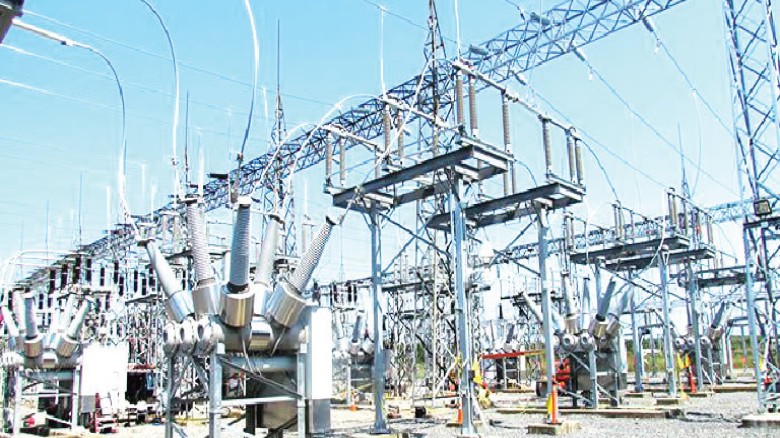FG targets 8,500MW power supply in 18 months
The Federal Government aims to significantly increase the country's electricity output from approximately 5,500 megawatts to 8,500 megawatts over the next 12 to 18 months, as part of wider initiatives to stabilize and enhance Nigeria's power infrastructure.Ayodeji Gbeleyi, the Director-General of the Bureau of Public Enterprises, shared this goal on Wednesday in Abuja during a retreat for the Senior Leadership Team of the newly formed Nigerian Independent System Operator.
He urged NISO to take the lead in bolstering grid management, improving system reliability, and enhancing operational efficiency to achieve the electricity supply goal.
“The National Broadcast of Electricity today reported that generation is around 5,500MW. I sincerely hope that when we reconvene here in 12 months, our generation capacity will be somewhere between 7,500 and 8,500MW, based on the efficiency of the transmission grid. We must progress from our current position within the next 12 months,” Gbeleyi commented. “That’s the directive, and it is expected that NISO will play a crucial role in realizing this.”
He highlighted that the advancement of Nigeria's power sector depends on a stable transmission infrastructure and a well-managed national grid, emphasizing that enhanced coordination and increased investment in system operations are essential for meeting consumer demands and fostering industrial growth.
Currently, the Nigerian Electricity Supply Industry transmits about 5,500 megawatts daily, while the generation capacity is over 14,000 megawatts.
Gbeleyi asserted that the government’s goal is achievable, stating that within the next 12 to 18 months, the industry can increase its capacity by at least 50 percent.
“At present, we have around 5,500 MW of power transmitted daily. When you consider the total nameplate capacity for generation in the country exceeds 14,000 MW, it is reasonable to believe that in the near future, say within 12 to 18 months, we can enhance that 5,500 by at least 50 percent,” the BPE head stated.
NISO Managing Director, Abdu Mohammed, expressed optimism regarding the attainment of the 8,500MW target, pointing to improved coordination and a strategic emphasis on drawing private sector investments.
He mentioned that the Nigerian Independent System Operator is well-equipped to meet the goal, aligning with comments made by the Chairman of the Nigerian Electricity Regulatory Commission, Engr. Sanusi Garba, who was represented by Commissioner Dafe Akpneye.
Mohammed acknowledged that NISO is aiming for a modernized grid characterized by increased resilience, stability, and reliability. He also revealed that the government has awarded new nation-wide contracts for the Supervisory Control and Data Acquisition system to enhance monitoring and control of the grid.
According to him, progress is being made at various northern segments of the system, with contractors diligently working around the clock. He stated that the SCADA system is anticipated to be fully operational by the end of next year.
























Leave A Comment